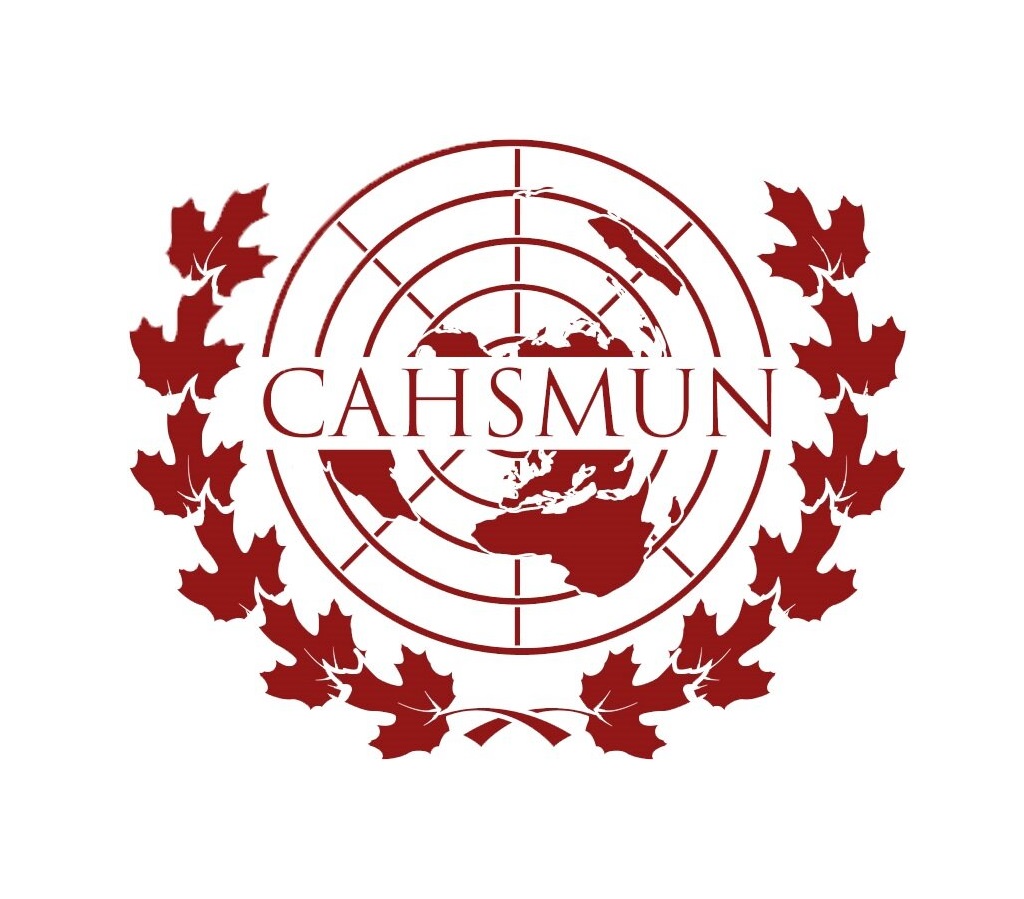As the NATO conference began to voice their speeches, the delegates turned heads as the very first striking statement soared across the room. The word “nuke” came out of a single delegate’s mouth as they expressed their true and genuine intentions. Delegates from the back of the conference discussed amongst themselves as they clarified this colossal information. Just when the delegates were commenting on “Russia’s” usual behaviour, faces dropped as the delegate was revealed to be not Russia, but Croatia. The Croatian delegate stirred the pot with a rather bold claim; Croatia was allegedly planning to send nuclear weapons abroad. However, this raised eyebrows, as Croatia doesn’t actually possess nuclear arms. The Croatian delegate seemed to be leveraging this remark to assert political influence or perhaps to create an impression of power.
The ambiguity of the statement left some NATO members puzzled. Some speculated that the Croatian delegate might be using the nuclear rhetoric as a metaphor to indicate the nation’s support for collective defence under NATO, signalling readiness to back the alliance with strong military support, even if the claim of nuclear deployment was purely speculative. The thought of that promptly died down as the delegate himself admitted that he wants to be seen as a threat to other nations. It is interpreted that it was an attempt to manipulate perceptions and gain leverage within the alliance by creating the impression of a “nuclear power” in the region, even if no such capability existed.
Things escalated quickly when the Croatian delegate shifted focus toward Türkiye, accusing the nation of being a Russian spy. The accusation was particularly sensitive, given the long-standing tensions between NATO and Russia, as well as Türkiye’s complex position within the alliance. Though, the Turkish delegate expresses no opinion on this matter, and has maintained a delicate balance between NATO membership and its dealings with Russia. “Croatia can’t be talking.” This composed remark seemed to point out the inconsistency or hypocrisy in Croatia’s position, possibly suggesting that Croatia’s own actions or alliances were not above reproach.
